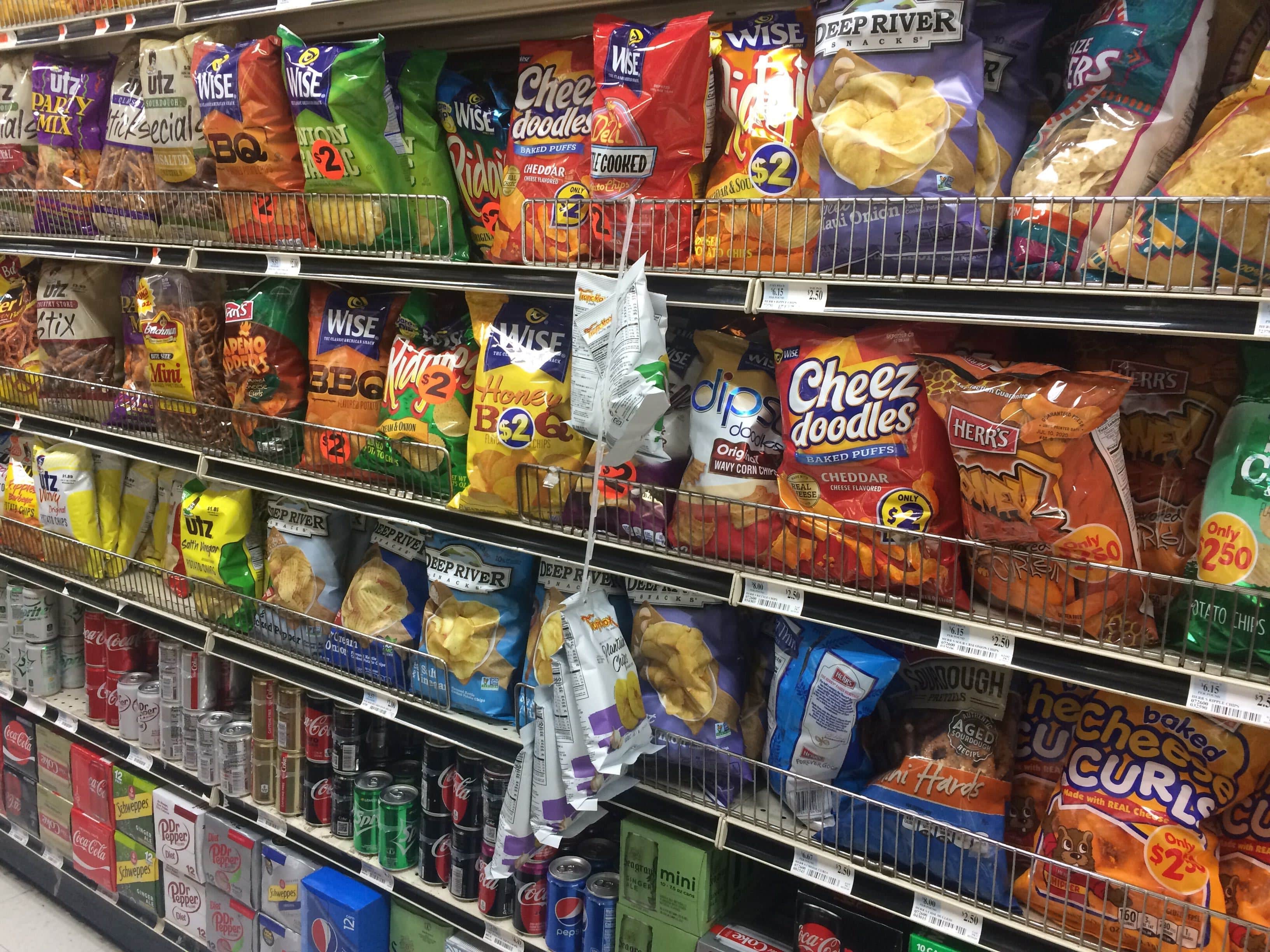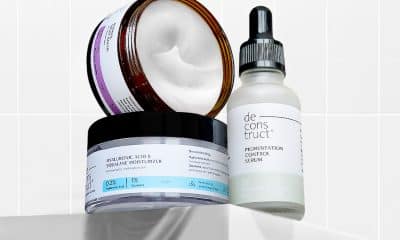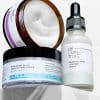Health
Consumers have become snacking conscious amid COVID-19 pandemic
The COVID-19 pandemic has triggered snacking consciousness giving rise to the consumer demand for clean labels. This may be because that the pandemic has made people health conscious and there is also the “guilt” of snacking.
Concurrent with the pandemic, some worldwide trends have emerged, such as home cooking has been rediscovered, leading to an increase in the demand for “staple foodstuffs”, and purchases from small, local retailers and online food shopping have been accorded preferential treatment. Despite price volatility and concern about future household incomes, a significant proportion of consumers have shifted to buying “healthier, more sustainable food”.
According to a Mintel study shared exclusively with TOI, no additives or preservatives is a top claim connected with clean label in the Indian snacking space, which has grown from 11% of total snack launches in the 12 months to January 2017, to 19% between February 2020 and January 2021. The study said that as products with “free-from” claims on packs raise consumer awareness about specific ingredients to avoid, the demand for such formulations will rise.
Rushikesh Aravkar, Mintel’s associate director (food & drink – India and Thailand) told TOI that consumers are looking at snacking more often and are also replacing meal occasions. While 42% look for nutrition on packs while purchasing, taste remains an important factor. “But consumers are increasingly looking at what’s there in the pack, whether it’s healthy or not. The concept of clean eating is evolving.”
He said if hunger and energy were the key drivers for snacking pre-pandemic, today it’s a search for comfort and stress-busting benefits that consumers look for. Aravkar described this as a clear behavioral shift. “With most staying at home, four in 10 Indian consumers say taste is more important than how healthy the snack is, 85% of consumers also feel the need for healthy snack options.” The study was conducted among 3,000 Indian adults aged 18 and above. It highlights how brands can emphasize naturalness and no nasties as a means to justify snacking and remove guilt as these claims are being increasingly sought by health-conscious consumers.
Also Read: Private hospitals, nursing homes to use Covaxin vaccine only as second dose: Delhi Government
Mayank Shah, Parle Products category head, said the trend of clean labels is catching up in India. “While snack consumers are getting more health-conscious, taste still remains numero uno consideration. But a good development over last few years is that consumers are increasingly looking at labels and are avoiding nasties like preservatives and additives,” he said. “This is a welcome change from earlier times, when taste used to be the only consideration and consumers were oblivious to what went into the making of product.”
Sahil Gilani, Gits Food Products director, believes balancing the taste and health conundrum can be challenging for new product development. “We will not sell what we don’t relish ourselves. Being a family business, we take this very seriously and we have been an all-natural brand since our inception in 1963,” he said. “Claims such as no preservatives and no artificial colors or flavors have been part of our labelling for decades. However, not all consumers trust on-pack claims. Hence, it is also important to educate them on food technology being used to achieve naturalness.”









































Pingback: Members of various disabled organizations held a protest on Sunday before the main gate of ARAM GHAR Old Age home in Hyderabad.
Pingback: India and Pakistan have locked horns, this time they are tussling over basmati, the distinctive long-rice which is the heart of the beloved biryani!
Pingback: Snack Brand Let’s Try Raises $2.5 Million Led by SWC Global